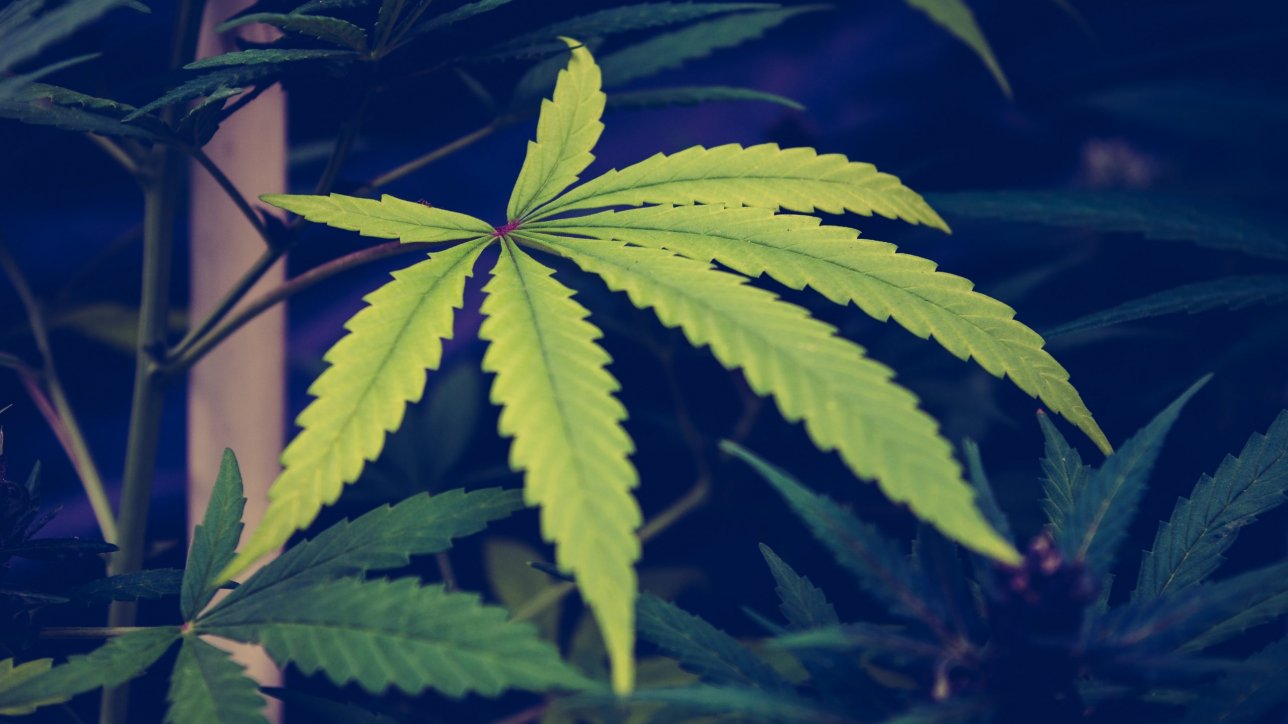More and more countries are legalising cannabis products for medicinal and recreational use, but with billions of dollars to be made, counterfeiters are targeting all major brands in this flourishing industry.
The global legal cannabis market is expected to reach USD $66.3 billion by the end of 2025. This is largely being driven by the legalization of cannabis in the United States (US), where 33 states have made cannabis legal in order to treat medical issues, and 10 have even gone so far as to make it fully legal no matter its intended use.
Many other countries are signalling that they plan to follow the US. On 30 August, Thailand’s Ministry of Public Health announced that 99% pure cannabis oil will no longer be considered a narcotic under Thai law. The Thai Health Minister said last month that “cannabis is not an issue of politics, it is a product that can benefit people’s health. In the near future, families will be able to plant it in their back gardens like any other herb.”
Already 13 hospitals in Thailand have reportedly received licenses to dispense cannabis oil extracts to patients with prescriptions, and the largest medical marijuana facility in South East Asia has been built in Chiang Mai, where it houses more than 12,000 plants.
In response to these sweeping changes to legality around the world, the cannabis industry, which sells oils, concentrates, vape cartridges and all manner of edible cannabis products like cookies and brownies, has exploded. But, when there is money to be made, fakes and counterfeits soon follow, and the cannabis industry is no exception.
To vape or not to vape
As of the 30 September, 800 Americans had fallen ill, and at least 13 had died, from severe respiratory illnesses linked to vaping. While there is no clear consensus on the exact cause of the health issues, there is wide agreement among medical and law enforcement authorities that the majority of cases are linked to fake and counterfeit cannabis products bought knowingly on the black market, or from illegal cannabis dispensaries that appear to the average consumer like licensed operations.
People are experiencing coughing and shortness of breath, fever and vomiting, and it has even been reported that hydrogen cyanide, an extremely toxic substance used as a chemical weapon by the French army during WWI, was found in counterfeit cannabis vaping cartridges.
While the industry has seen counterfeit cannabis plants in the past, fake cannabis oil and fraudulent vaping cartridges are of most concern in the current crisis. Sometimes authentic vaping cartridges from established brands are filled with fake oil and concentrates containing dangerous ingredients, but also replica cartridges are created and false testing stickers (testing being a legal requirement in regulated markets like California) are attached to make the product look more legitimate.
With more people getting sick every day in the US, cannabis vape sales fell 15% in the first week of September, showing that distrust is growing quickly in the legitimate cannabis market. One major brand, Heavy Hitters, has hired a former federal prosecutor to help find and close down counterfeit operations, and another, Kingpen, is suing Chinese companies that are producing fake packaging and filing complaints with the government, though often with no response.
The irony, of course, is that as more countries legalise cannabis, the larger the counterfeit cannabis market will become and the greater threat to the revenue and reputation of legal and legitimate cannabis companies. So, what can be done?
Keeping your brand on a high
Many brands are trying to educate customers about things like the consistency and texture of authentic cannabis oil, and others are spending millions hunting down counterfeiters, but most of these anti-counterfeiting measures are based on companies assuming their products can, and will, be faked, instead of ensuring that fakes can’t occur.
In June 2018, YPB signed an agreement with Namaste, the world’s largest and most comprehensive cannabis-focused e-commerce platform, so the company can introduce YPB solutions across its network of manufacturers to bring certainty of authenticity and supply chain transparency to the entire legal cannabis industry globally. Then, in July, we also began partnering with cannabis consumables company, Halo, to apply our authentication tracers and labels on each of their cannabis oil and concentrate products.
Our bespoke ProtectCode and Vintail labels can also be scanned by any smartphone, and using the cloud-based YPB Connect Platform, encourage customer loyalty opportunities, ensuring authenticity triggers engagement. Working with YPB, your cannabis company, like Namaste and Halo, can make sure your investment in brand building is not damaged by fakes and can develop the value and loyalty of your consumer base through personalised engagement direct to your customers’ smartphones.
Cannabis is finally legal, so let’s make sure it’s not fake! Find out how YPB can protect your cannabis brand moving into 2020.

